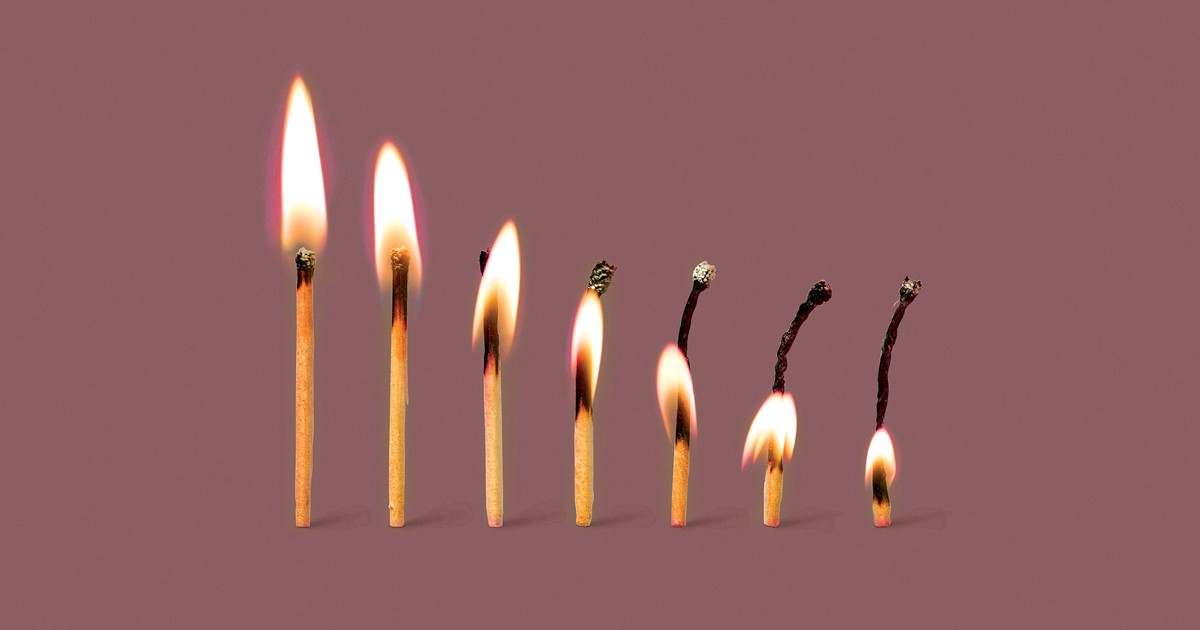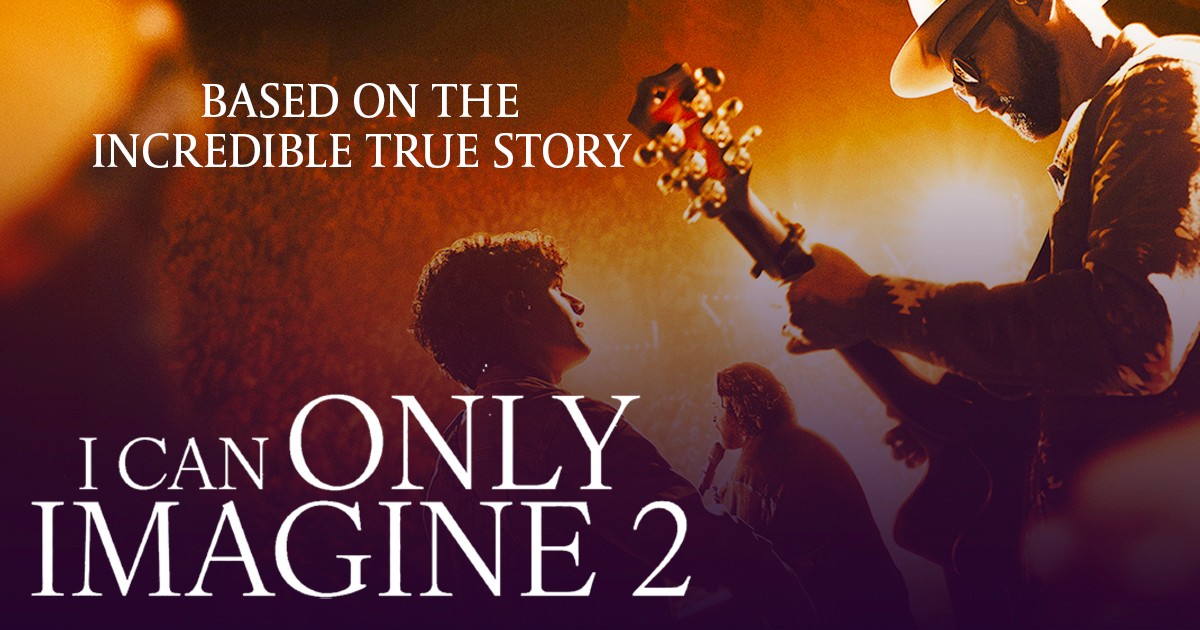They’re calling us the burnout generation. Millennials are experiencing burnout at a rate much higher than ever before. Anne Helen Petersen, who popularized the term in her 2019 viral BuzzFeed essay and later in her book Can’t Even: How Millennials Became the Burnout Generation, identifies that millennials, those born between 1981 and 1996, are uniquely positioned to experience burnout due to a perfect storm of stressors unique to this generation.
That’s me—I’m standing in the storm.
Economic instability, paired with an achievement-based society, has caused many millennials to step onto a treadmill of always maximizing our potential. If no one tells us to take a break, we often don’t. Even our drive for self-care can be all-consuming as we try to accomplish as many wellness practices as possible.
What’s more, millennials are now living in an age of fast-paced social deconstruction. While we have renounced things such as traditional household roles and gender stereotypes in favour of a more equitable future, we find ourselves standing precariously at the edge of a blank canvas, grappling with the way forward and reinventing how to do things, such as being in a relationship or how to parent.
And let’s not forget that millennials are the first generation to truly contend with digital technologies as we weigh their benefits with the unfortunate side effect that we are plugged in and connected to work, along with everything else, at all times.
The sort of burnout Petersen describes goes beyond mere exhaustion. It’s something that saps the joy from nearly everything, leaving sufferers feeling cynical and numb. This kind of burnout can’t be fixed with a vacation or even a sabbatical. It isn’t just a workplace problem that affects our physical and emotional well-being. It’s also a spiritual problem.
In her book An Invitation to Solitude and Silence, Ruth Haley Barton calls this condition “dangerous tired,” a chronic inner fatigue that accumulates over months or years of constant activity and continual real or perceived stress. When we are dangerously tired, Barton indicates that we feel out of control, are compelled by inner impulses, and are unable to relax or unplug. We’re also often unable to feel the full range of human emotions or discern the presence of God.
And millennial pastors, it seems, aren’t immune.
According to a 2022 Barna study, 72 percent of pastors have considered quitting at some time in their tenure—38 percent in the last calendar year alone—and the survey results indicate that those under age 45 are significantly less satisfied in their vocation than those over age 45.
Glenn Packiam, author of The Resilient Pastor: Leading Your Church in a Rapidly Changing World, identifies stacking expectations as one of the greatest factors causing burnout in pastors. Not long ago, a pastor was expected to be an expert on the Scriptures and able to conduct a wedding or funeral. Now, pastors are expected to be marriage counsellors and mental-health professionals, CEOs and entrepreneurs, video editors and website designers. And with the explosion of online church, pastors who were once only compared to the church down the road are now compared to churches around the world. The pressures are immense. So, what are we to do when we’ve drifted into burnout?
It’s important to note that many cannot find their way out of burnout without help. It’s OK to admit that you’re not OK. Reach out to a trusted friend, advisor or counsellor. Talk about how you are feeling—or not feeling.
It’s equally important to recognize that shaping a new rhythm of life will take intentionality and time. Here are some things that can help:
Prioritize self-care. Caring for our bodies can be an important first step. Eat a healthy meal, drink more water, go for a walk or take a nap.
Change your thinking. It can be easy to spiral into negative self-talk or be cynical amid burnout. Look in the mirror and say something positive about yourself, make a gratitude list or focus on what you can control in your situation.
Seek out connections. Ask for help. Identify a mentor. Call a friend. Burnout can lead to isolation, and yet we often need community to help us recover.
Practise spiritual disciplines. Prayer, solitude and silence, and sabbath can help us to hear the quiet, sure voice of God, and remind us that we are beloved.
CAPTAIN LAURA VAN SCHAICK is the corps officer at Barrhaven Church in Ottawa, and the divisional secretary for women’s ministries in the Ontario Division.
This story is from:










Leave a Comment